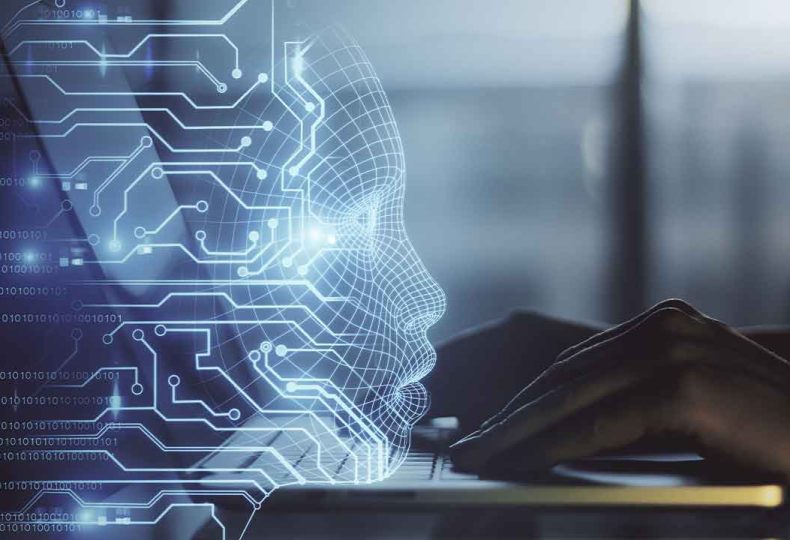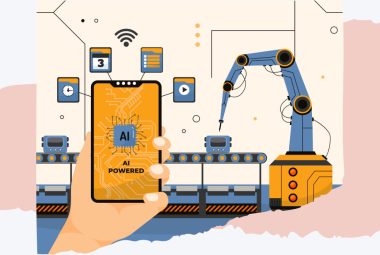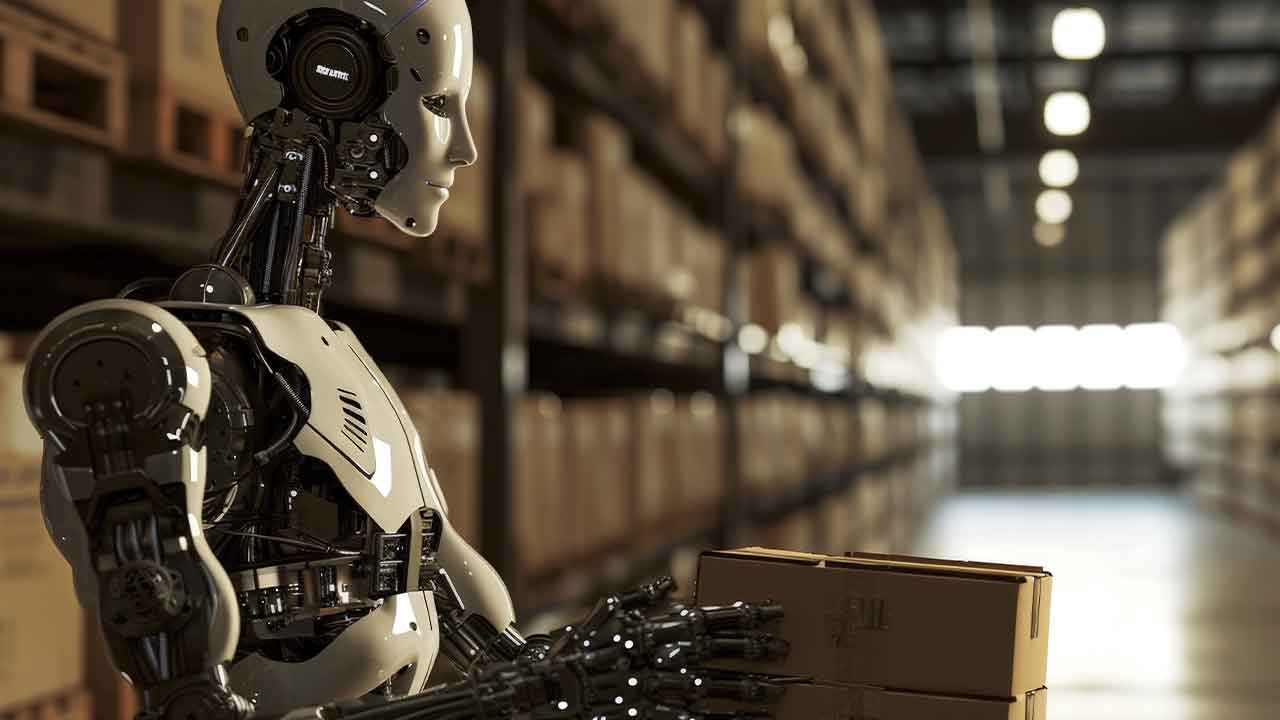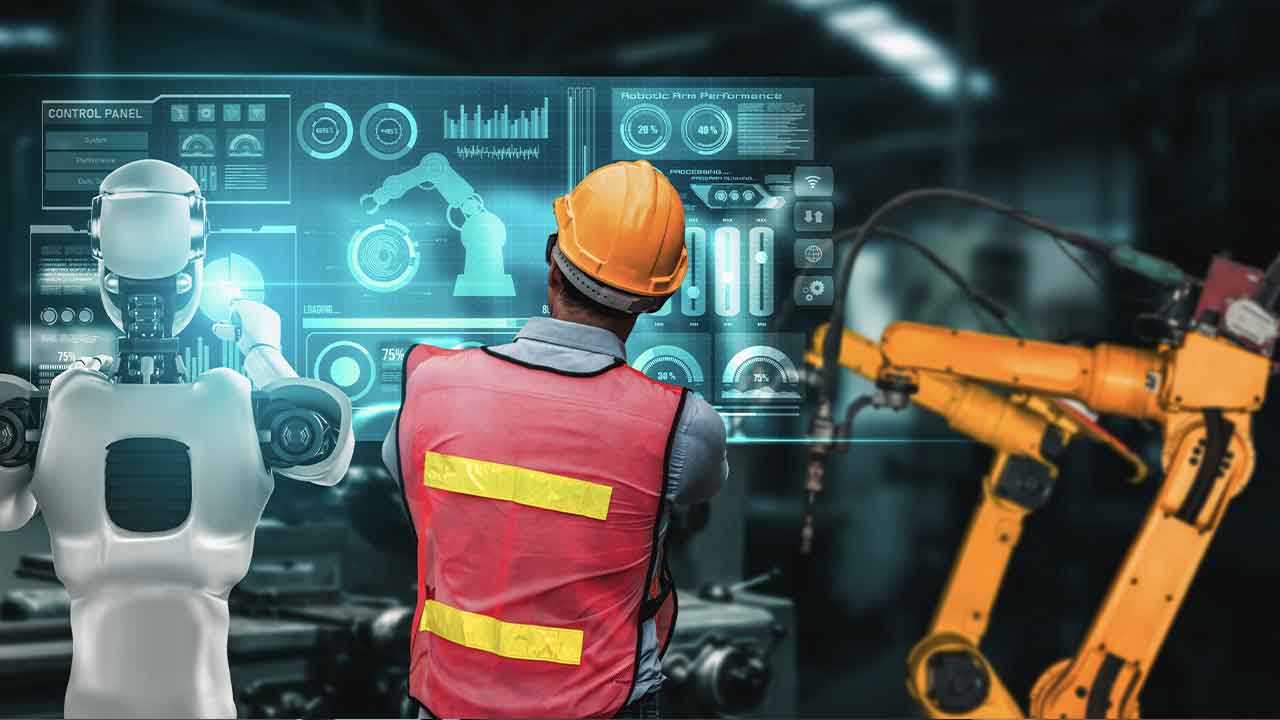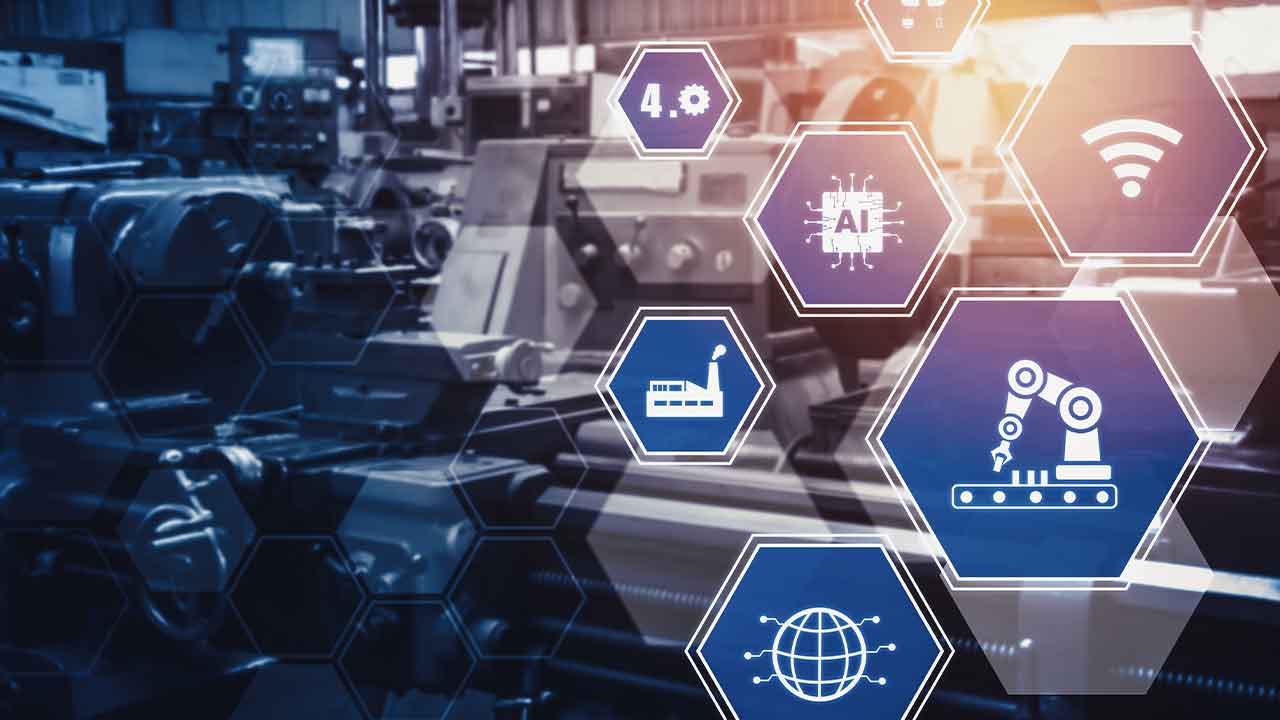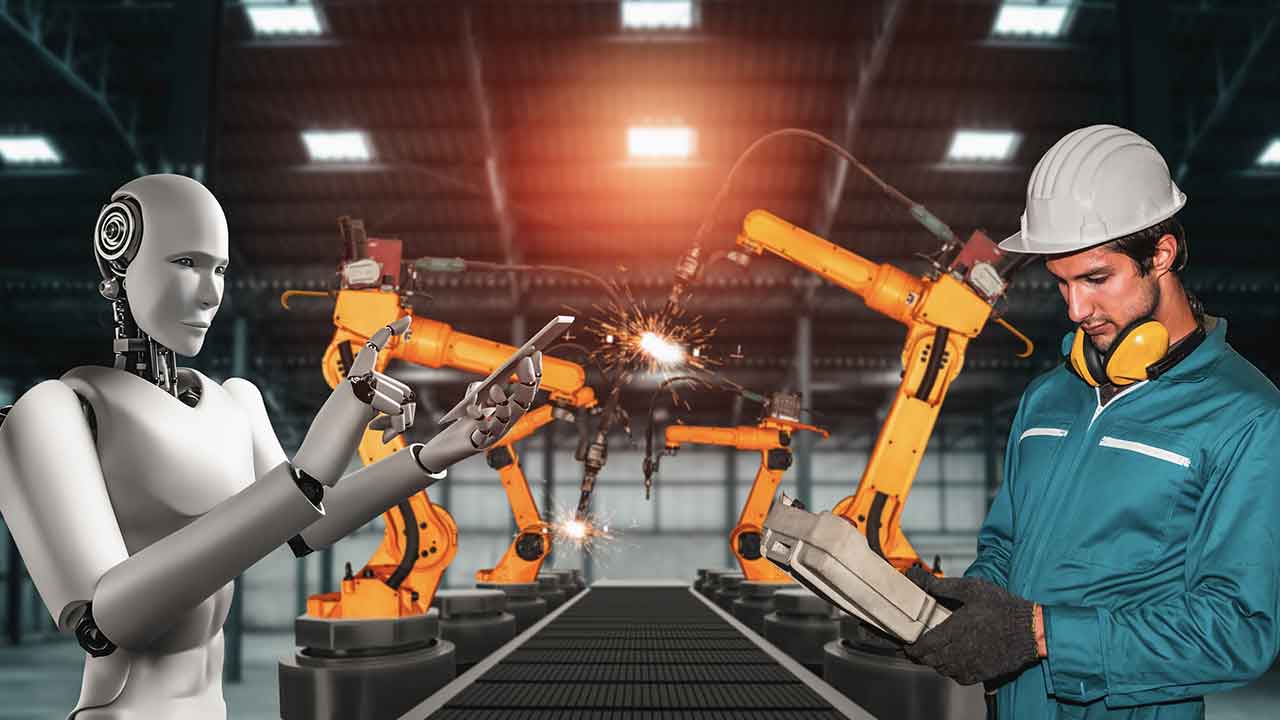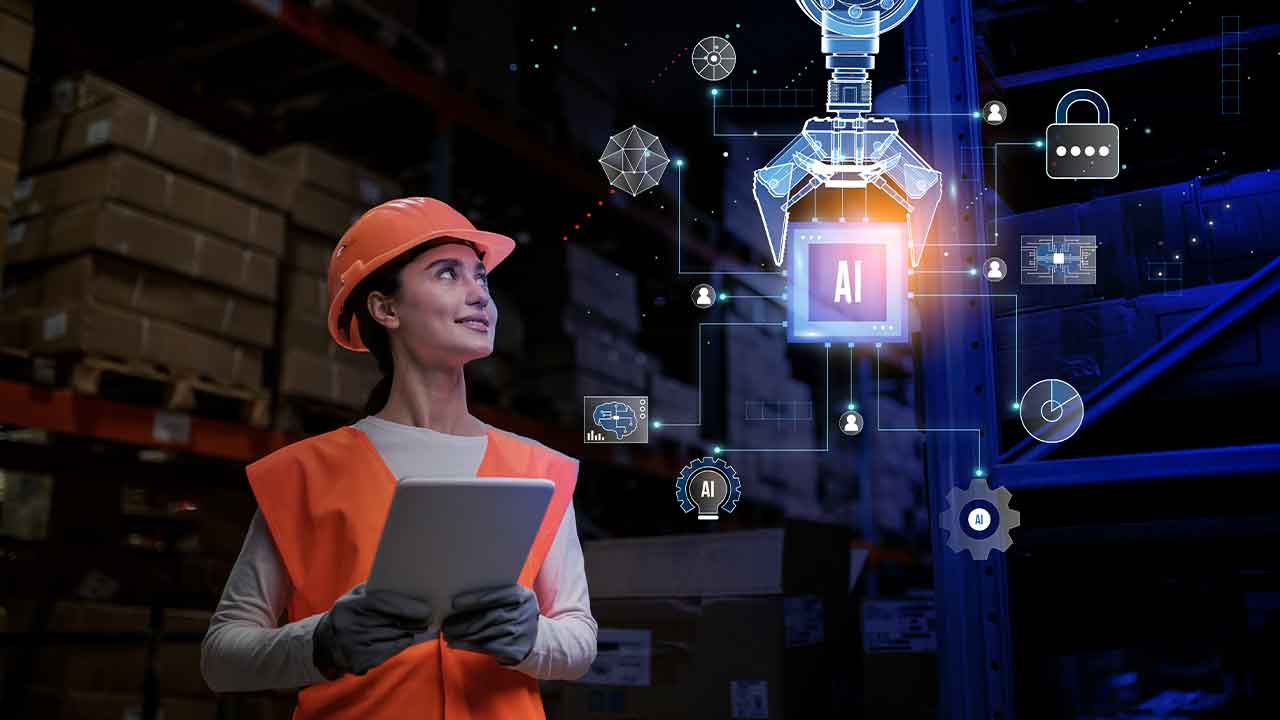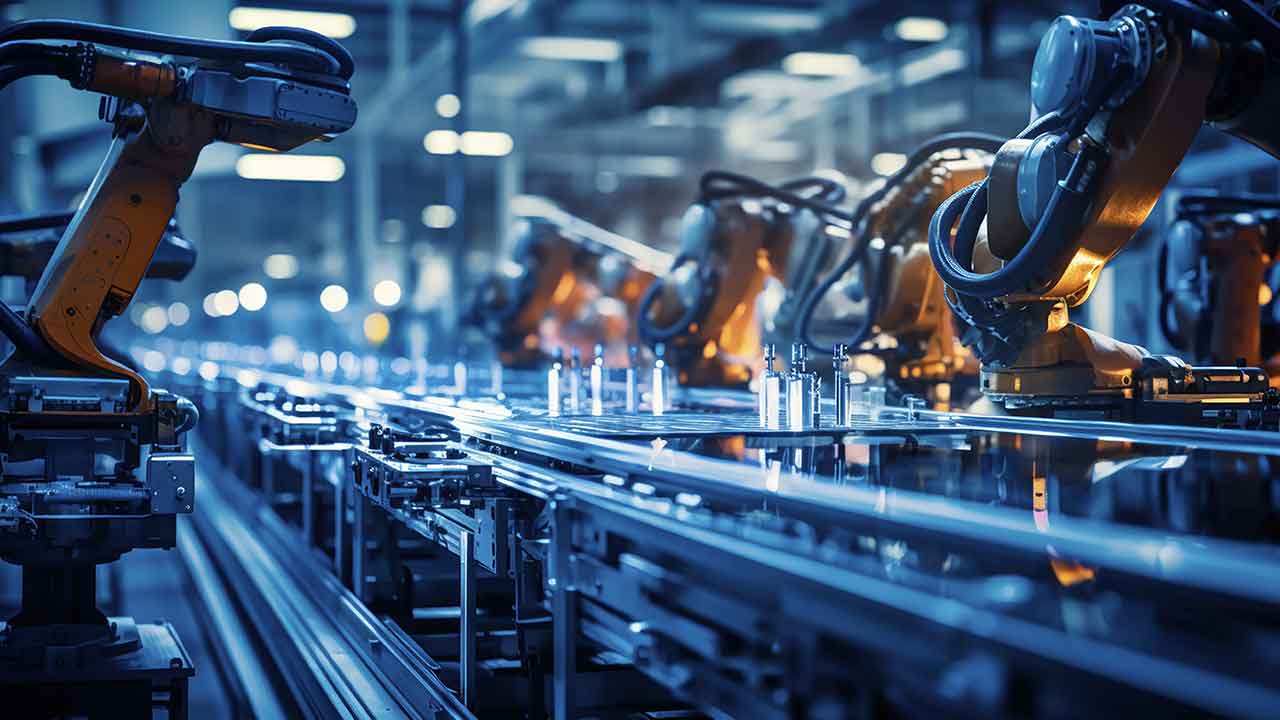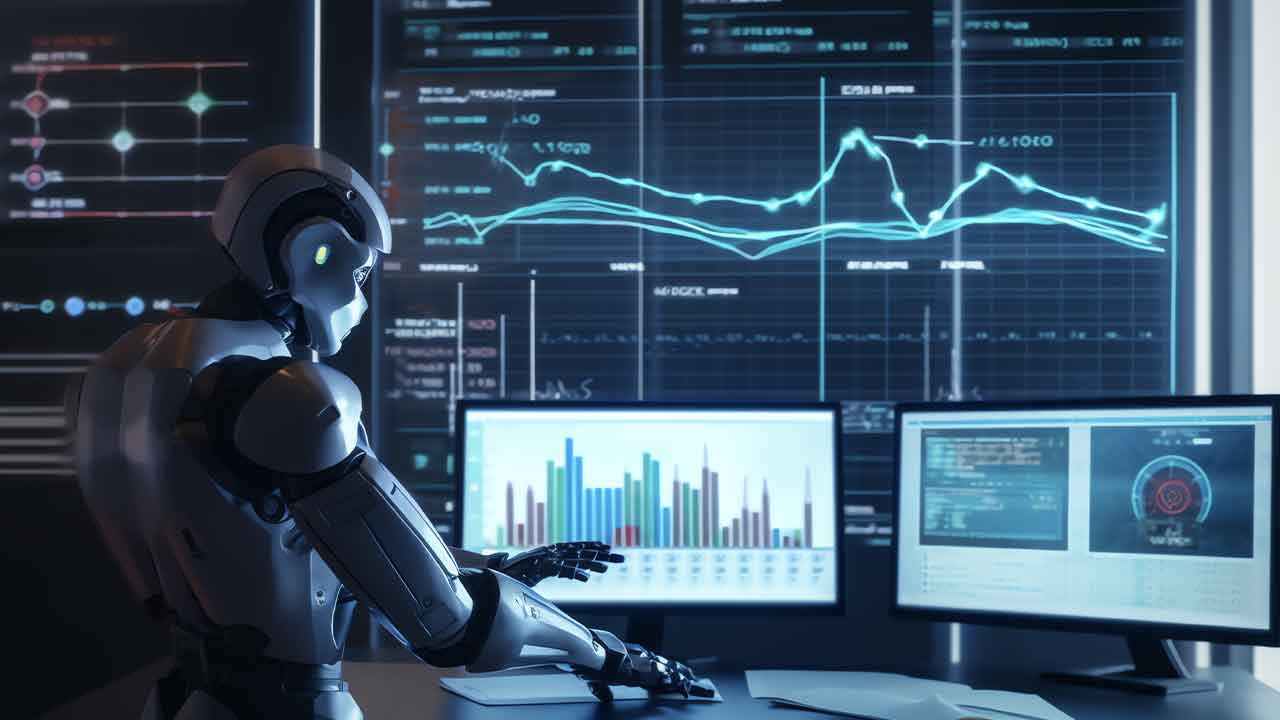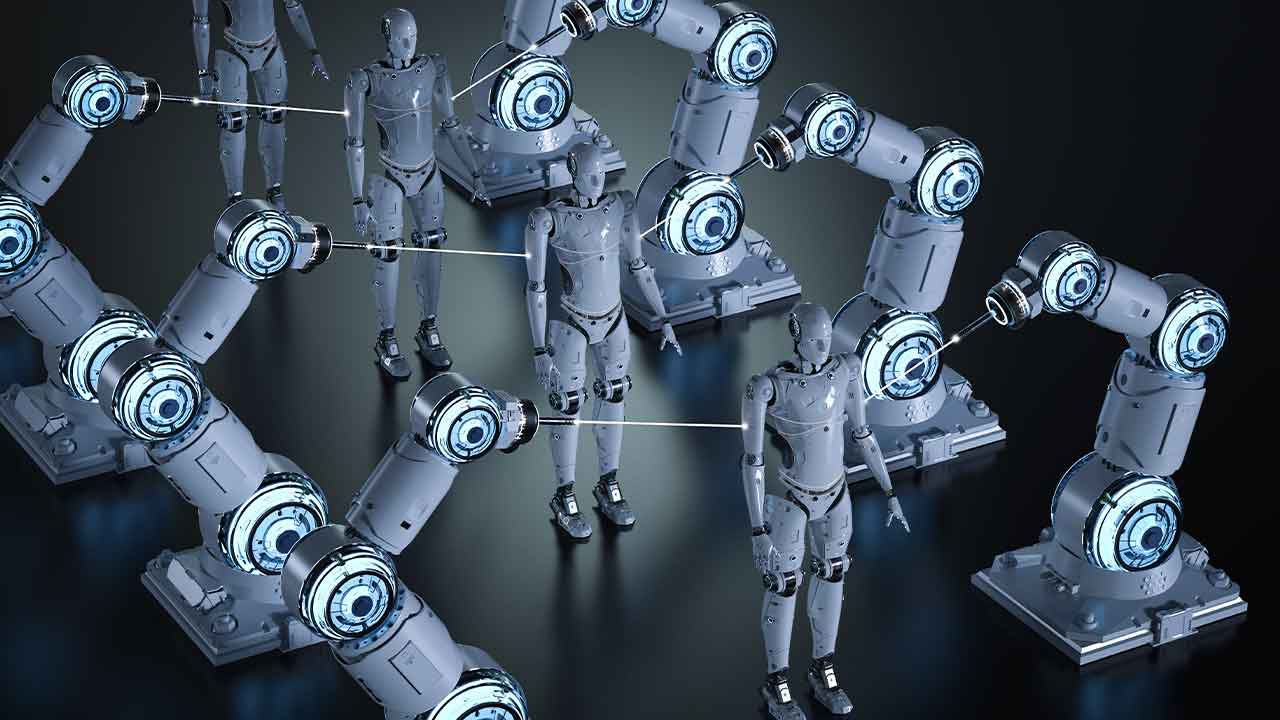How AI and Automation are Reshaping the Global Supply Chain
At ProMat 2025, Ananta Islam, CEO and Region President, Americas, at Körber Supply Chain shared insights on the rapid transformation of supply chain driven by artificial intelligence and automation. As businesses adopt Industry 4.0 technologies, supply chain become more efficient, resilient,
Nanoprecise at Hannover Messe 2025: AI-Driven Maintenance for Maximum Energy Efficiency
At Hannover Messe 2025, Nanoprecise Sci Corp is redefining industrial maintenance with AI-powered, energy-centered predictive maintenance (ECM). As industries race toward Net Zero goals, Nanoprecse’s game-changing solution delivers measurable ROI by slashing energy waste, maintenance costs, and unplanned downtime -
IIoT World Days 2025: What’s Next in IIoT, AI & Cybersecurity?
As industries continue to embrace digital transformation, the IIoT World Days 2025 series will bring together global leaders, innovators, and experts to explore the latest advancements in Industrial IoT (IIoT), AI, Machine Learning (ML), cybersecurity, and smart manufacturing. These virtual events are designed to
AI Copilots: Transforming Manufacturing with Intelligent Assistance
The manufacturing industry is undergoing a technological revolution, with Artificial Intelligence (AI) copilots leading the charge. AI copilots are intelligent assistants designed to work alongside human operators, enhancing efficiency, quality control, and process optimization in manufacturing environments. As industries strive for greater productivity and fewer errors, AI copilots
Practicing Responsible AI in Healthcare
Healthcare Industry and the Need for Responsible AI The healthcare industry has always been under scrutiny, due to the magnitude of responsibility it holds, as health is one of the most significant pillars of any nation from a geopolitical standpoint as
AI, Open Systems, and Automation: The Keys to Sustainable, Autonomous Manufacturing
Industrial operations are at a pivotal moment, where sustainability, autonomy, and efficiency are no longer optional but essential. Schneider Electric leads this transformation through software-defined automation, AI-driven solutions, and open systems. Andre Babineau explains how these technologies reshape manufacturing, making operations more flexible,
AI and Process Safety: How Schneider Electric is Pioneering the Future
Artificial Intelligence (AI) is making its way into the world of process safety, revolutionizing how industries approach hazard analysis, risk mitigation, and operational efficiency. Chris Stogner, Senior Director of Offer Management at Schneider Electric, shares insights on how AI reshapes safety lifecycle management and why
AI and ML in Manufacturing: Turning Data into Actionable Insights
Since the Industrial Revolution, the manufacturing sector has generated vast amounts of data—too much for humans to process manually. So, industries like automotive, electronics, textiles, and pharmaceuticals are now leveraging artificial intelligence (AI) and machine learning (ML) to transform raw
The Dawn of Physical AI: A New Era in Robotics
The world of robotics is about to experience a revolution—and it’s not just any revolution. Think back to the breakthrough moment of ChatGPT in language processing. Now imagine that same kind of moment happening in robotics. That’s what we’re seeing
